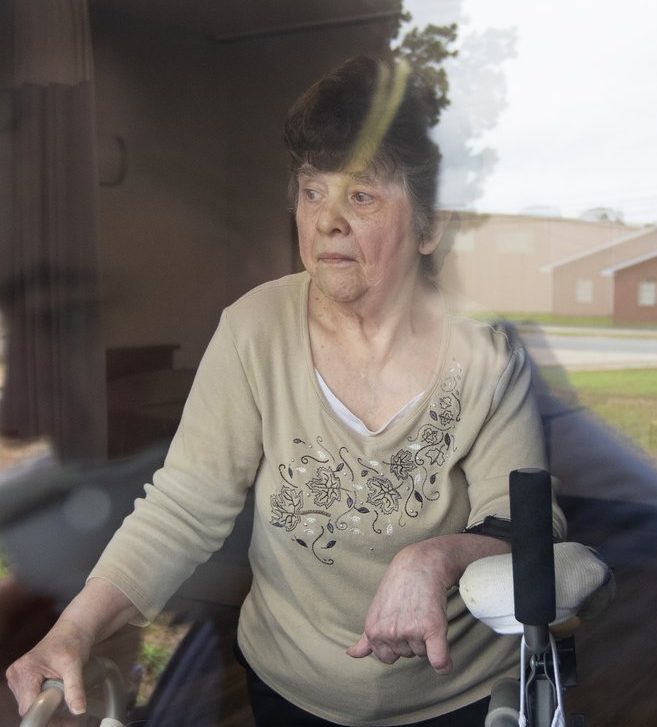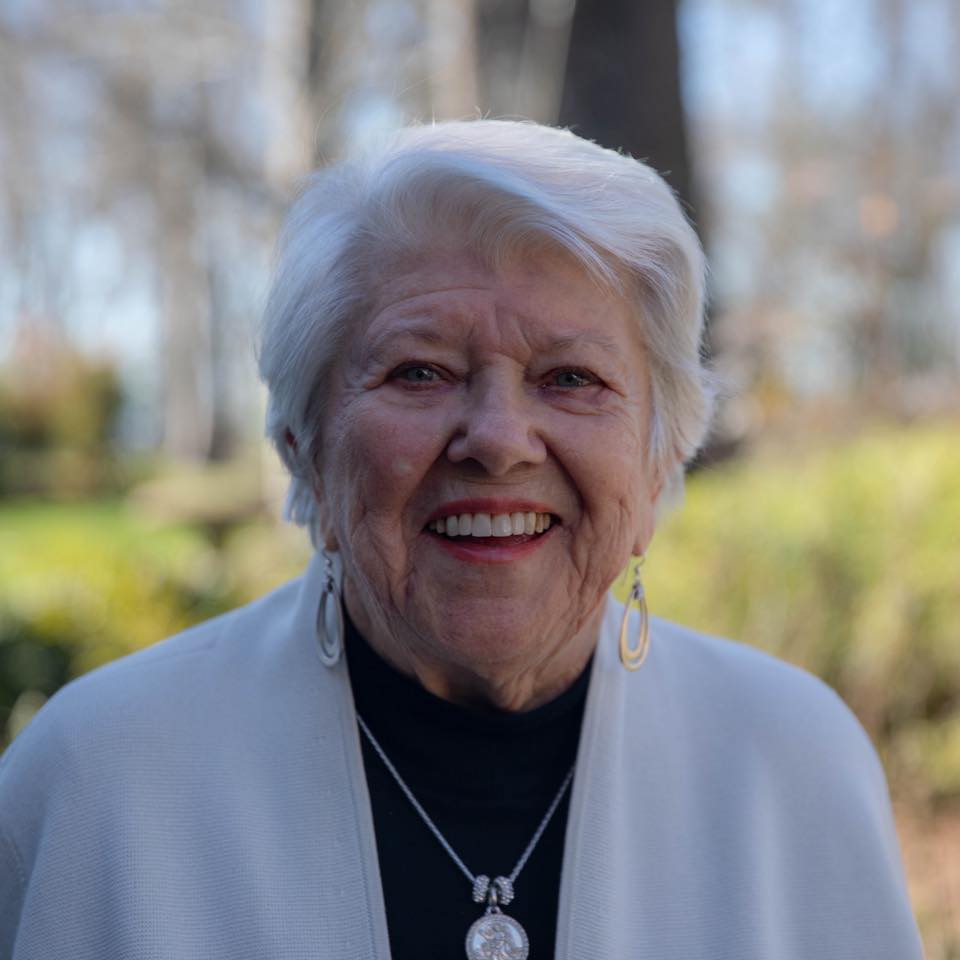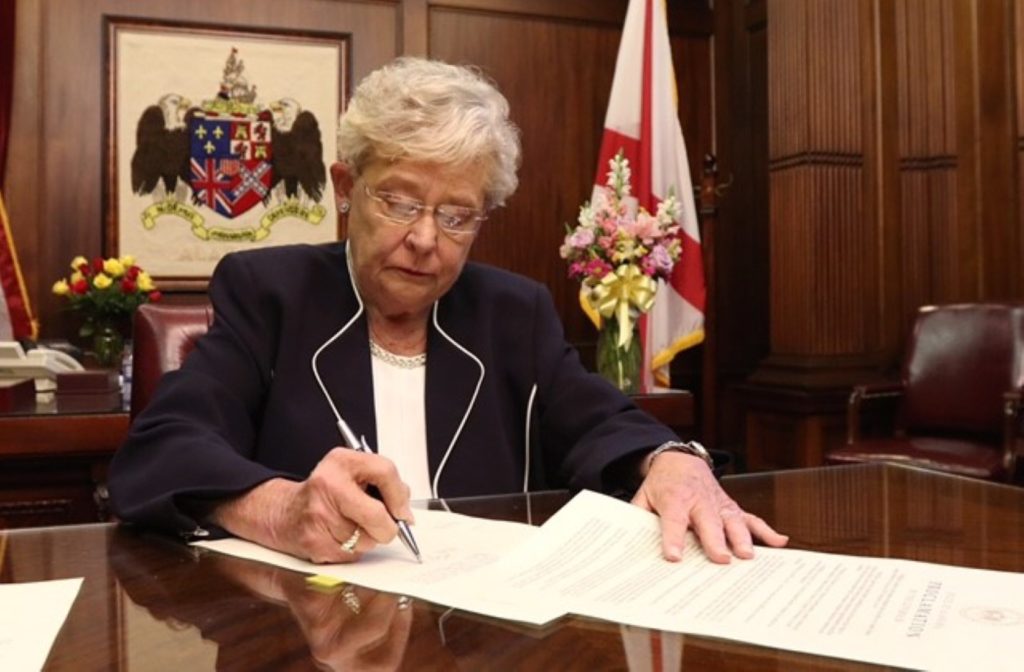Protected or Prisoners Part 7: 3 steps to exploitation

The 7th of our series examining the process used to gain control of elders and their estates and the ways in which they’re exploited afterwards.
Protected or Prisoner Part 5: Game changer! Alabama Supreme Court admonishes Judge Alan King in Joann Bashinsky case

While the war will wage on for families throughout Jefferson County and the state of Alabama seeking to regain their independence from a broken conservatorship system, the good guys won an important battle today.
Jefferson County GOP to Kay Ivey: protect our elections

There’s been speculation that Ivey is leaning towards appointing Democratic Judge Sherri C. Friday.
Protected or Prisoner Part 3: One Alabama daughter’s struggle with Judge Alan King, Greg Hawley, and a flawed conservatorship system

Imagine you’ve done everything right to prepare your family for the realities that come with aging. You’ve created a power of attorney that specifically notes that your daughter is to be your conservator and guardian, should the need arise. You and your second-wife have a prenup to protect your assets, and spell out the use of funds for your future. You think you’re ready. Then the day that you and your family hoped never would come, does, and with advancing age slight dementia begins. All that’s left to do is execute your pre-planned system. Your daughter goes to court, documents in hand, but the judge won’t hear her case. It turns out that after the dementia set-in, the step-mother also had a power of attorney signed. So the judge appoints a “temporary” conservator and a guardian-ad-litem until a full hearing can be held. The father tells the guardian-ad-litem he has chosen his daughter and wishes for her to be the conservator, but again the court refuses to listen. Hearings come and hearings go, and the daughter’s voice is failed to be heard, her father’s wishes go unmet. What’s worse, in one hearing a witness tells the court the two family members have argued in front of the father, and the judge uses that as the basis to make the temporary conservatorship permanent. The witness statement — untrue according to the daughter. Complete fiction. Five years go by and the daughter still has not had her day in court. Meanwhile, the court-ordered conservator has been paid $15,000 plus expenses and is on-track to be paid at a minimum another $15,000. Unless of course he can either wait it out or convince the family to liquidate assets such as selling property. Then he’s paid even more. In addition, the costs of attorney fees for the family totals nearly $65,000 of which $55,000 is being paid-out of the estate. Money that could and likely should have stayed with the family and estate, if not for the judge’s order. This is the story of Susan Evans and her father James Belew. Evans is the only child of Belew. Her mother, his first wife, passed away in 2008. He remarried in 2012. Belew was in the baking industry and was the general manager of the Dolly Madison Plant in Columbus, Ga. when he retired. Evans, a mother of two and grandmother of one, just retired after 18 years at Viva Health. The judge is none other than Jefferson County Probate Judge, Alan King. The conservator is none other than veteran litigator and probate lawyer, Greg Hawley. The witness whose alleged false and unconfirmed testimony caused the court to move the temporary conservatorship to permanent? Is none other than Hawley’s own assistant, Margaret Holland. If you’ve been following along in this series those names will sound familiar. They’re the same two players involved in the Joann Bashinsky case. As a matter of fact, they’re the same players as a number of cases in Jefferson County, Alabama. I’ll be writing about more of these horror stories in the coming days. (Don’t worry, if you’re missing Hawley’s “friend” Amy Davis Adams from Balch & Bingham, she too will return in several future installments of this series beginning later this week.) Evans is one of a handful of people who personally reached out to me after seeing my first story in this series. I’ve spoken to her several times. Her father’s case is as frustrating as the Bashinsky case because it was Evans herself who went to the court with no reason to doubt that the judge would hear her case and allow her to perform the role her father chose her for. Of course, that’s not what happened as Judge King seemingly went against her father’s expressed written and verbal wishes. I want to bring attention to some specific points of her case and hopefully, I want to give you something you can do to help this family, yourselves, and others. Individual judges have unquestionable amounts of power and discretion with little to no accountability: Evans echos the sentiments I’ve heard from a number of people wrapped up in the conservatorship system. It’s designed in such a way that the judge might as well be a God. In her father’s case, Hawley’s guardianship was initially meant to be temporary. This is a familiar refrain from those with loved ones and family members involved. However, hearing after hearing it became clear that unless something changed, Hawley will be Belew’s conservator for the rest of his life. Lack of transparency and accountability Until this week, after five years of Hawley being the conservator, Evans had not had a full accounting of her father’s assets or of the costs associated with the conservatorship. This week Holland provided that breakdown for the first time. You may remember Holland from the first post. Holland is the assistant who sent confidential medical and financial documents to Adams “accidentally”. It states, “Fees are based off of a percentage of the Estate which in total is roughly 9%. It is calculated only at a Partial and/or Final Settlement Hearing. This is an Alabama State Statute = 2.5% of what’s received, 2.5% of what’s disbursed and 4% attorney’s fees.” As I mentioned, records indicate that thus far, $15,000 has been paid to Hawley’s firm. The incestuous nature of the lawyers and those who work for them One of the often unspoken problems faced by family members fighting the court orders is the closeness of the attorneys and judges involved in the cases. Evans has had two attorneys paying approx. $22k of her own money in order to fulfill her father’s wishes. The step-mother has also hired an attorney. If you couple this with the fees associated with Hawley’s representation, and the fees associated with Evan’s step-mother’s lawyers this amount ballons. The costs to families aren’t just monetary The monetary costs aren’t necessarily even the biggest problem for those involved. Many have explained it’s the stress of the unknowns and the time associated with fighting the judge’s order, working through


